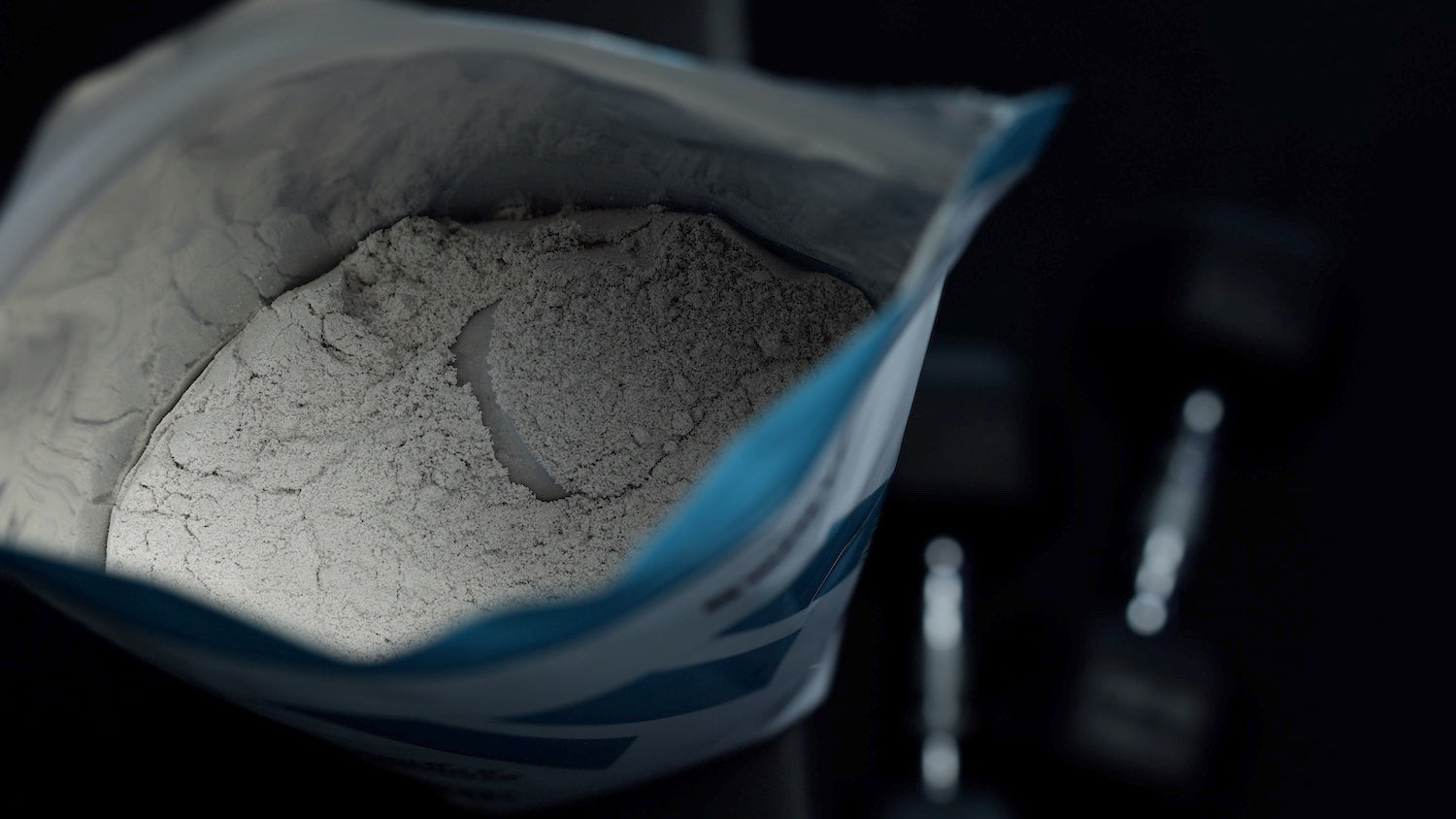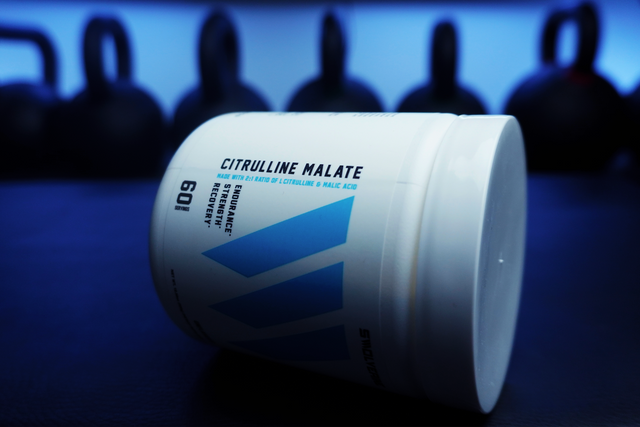In the bustling world of fitness and nutrition, protein powders stand out as indispensable allies for those pursuing their fitness goals. Among the myriad of options, whey isolate and whey concentrate frequently take center stage, each boasting unique benefits that cater to diverse needs. But which one truly reigns supreme? Whey isolate, with its high protein content and minimal lactose, is often favored by those seeking rapid muscle recovery and lean body composition. On the other hand, whey concentrate offers a more balanced profile, delivering not just protein but also crucial nutrients that help fuel workouts and enhance overall health.
Whether you’re a seasoned athlete or just beginning your fitness journey, understanding the differences between these two powerhouses can be the key to unlocking your true potential. Dive into this detailed comparison to find out which protein powder best aligns with your objectives whey isolate or concentrate and get ready to take your fitness game to new heights!
Whey Isolate vs Whey Concentrate: Which One is Better for You?
Understanding the difference between whey isolate and whey concentrate is essential when choosing the right protein supplement to support your fitness goals. While both are derived from milk and offer rich sources of protein, they differ significantly in composition, absorption, and benefits.
What is Whey Isolate?
Whey isolate is a highly refined form of whey protein, derived from cow’s milk during the cheese-making process. This protein undergoes a rigorous filtration process, including microfiltration and ultrafiltration, to remove most of the fats, lactose, and carbohydrates. The result is a supplement that typically contains 90% or more protein by weight (Hoffman & Falvo, Journal of Sports Science & Medicine, 2004).
Due to its minimal lactose content, whey isolate is ideal for individuals who are lactose intolerant, enabling them to enjoy the benefits of whey protein without digestive discomfort.
The advanced filtration process enhances the protein content while reducing impurities, fats, and carbohydrates. This makes whey isolate a strong choice for those pursuing a lean physique or following a low-carb or low-fat diet.
Benefits of Whey Isolate:
-
Contains ≥90% protein by weight
-
Very low in fats, carbohydrates, and lactose
-
Faster digestion and absorption
-
Highly bioavailable for muscle protein synthesis
-
Beneficial for post-workout recovery
Whey isolate is also known for its rapid absorption rate, delivering amino acids to muscles quickly after ingestion. This characteristic supports post-exercise recovery and muscle repair, which is critical after resistance training or endurance workouts. A meta-analysis by Morton et al., Nutrients, 2018 found that post-exercise protein ingestion significantly stimulates muscle protein synthesis.
What is Whey Concentrate?
Whey concentrate is another popular form of whey protein, obtained through a less intensive filtration process compared to isolate. As a result, it retains more of the original components found in whole whey, including fats, carbohydrates, and lactose. It typically contains 70% to 80% protein by weight, with the remainder made up of naturally occurring nutrients (Pasiakos et al., The Journal of Nutrition, 2015).
While it has a lower protein concentration, whey concentrate features a richer nutrient profile, including bioactive compounds like immunoglobulins and lactoferrin that support immune health and gut function.
Benefits of Whey Concentrate:
-
Contains 70–80% protein
-
Higher levels of beneficial fats and carbohydrates
-
Rich in bioactive compounds
-
Supports immune and digestive health
-
More affordable than isolate
The additional macronutrients in whey concentrate—fats and carbohydrates—can provide energy and may enhance endurance and performance during longer or more intense workouts. Its cost-effectiveness makes it a practical option for budget-conscious athletes and everyday gym-goers alike.
Nutritional Differences Between Whey Isolate and Whey Concentrate
The key difference between whey isolate and whey concentrate lies in their macronutrient composition.
Whey isolate contains 90% or more protein, with very low fat and carbohydrate content. It's a go-to for individuals needing high protein with minimal calories, such as those in a cutting phase or managing digestive sensitivities. Its low lactose content also makes it suitable for people who are lactose intolerant (Robinson et al., British Journal of Nutrition, 2013).
Whey concentrate, by contrast, contains 70–80% protein, with more fats, carbs, and lactose. While this might seem less ideal for strict protein goals, it offers functional nutrients and may better support general health, energy levels, and gut flora due to its higher lactose and bioactive compound content.
Moreover, whey concentrate retains immunoglobulins, lactoferrin, and peptides, which are often diminished in isolate through intensive filtration. These compounds can help improve immune system modulation and gastrointestinal function (Korhonen, International Dairy Journal, 2009).
Whey Isolate vs. Whey Concentrate: Which One is Right for You?
When choosing the best protein powder for your fitness goals, understanding the differences between whey isolate and whey concentrate is essential. While both come from milk and offer high-quality protein, their nutritional profiles, absorption rates, and benefits vary significantly.
Benefits of Whey Isolate
Whey isolate is known for its high protein content and minimal fat and lactose, making it ideal for individuals seeking lean muscle gains and easy digestion.
High Protein Content
-
Contains 90% or more protein by weight
-
Delivers a potent dose of essential amino acids that support muscle repair and growth
-
Ideal for post-workout recovery and maximizing muscle protein synthesis
According to Hoffman & Falvo, Journal of Sports Science & Medicine, 2004, whey isolate provides a superior amino acid profile and purity, supporting rapid recovery and performance.
Low Lactose Content
-
Extensively filtered to remove most lactose
-
Suitable for individuals with lactose intolerance or dairy sensitivity
-
Minimizes digestive issues like bloating, gas, and discomfort
Robinson et al., British Journal of Nutrition, 2013 show that low-lactose dairy products can benefit digestion and are better tolerated among sensitive populations.
Rapid Absorption
-
Quickly delivers amino acids to muscle tissue post-exercise
-
Enhances muscle protein synthesis when consumed after training
-
Helps reduce recovery time and supports lean muscle development
A 2018 meta-analysis by Morton et al., Nutrients found that protein intake post-resistance training significantly increases muscle growth, with faster-absorbing proteins like whey isolate showing optimal results.
Low Fat and Carbohydrate
-
Minimal non-protein content
-
Ideal for individuals following a low-calorie, low-fat, or low-carb diet
-
Supports body recomposition or fat-loss goals without excess calories
Benefits of Whey Concentrate
Whey concentrate offers a broader nutritional profile with added health-supporting compounds, making it a versatile and cost-effective option.
Rich in Bioactive Compounds
-
Contains immunoglobulins, lactoferrin, and peptides
-
Supports immune health, gut function, and overall wellness
-
Retains more natural components due to less intensive processing
As explained by Korhonen, International Dairy Journal, 2009, whey concentrate’s bioactives contribute to immune modulation and gastrointestinal support.
Sustained Energy from Fats and Carbs
-
Typically contains 70–80% protein by weight
-
Includes natural fats and carbohydrates that provide energy for workouts
-
Supports endurance performance and recovery during high-intensity or prolonged training
According to Pasiakos et al., The Journal of Nutrition, 2015, protein combined with carbs and fats post-exercise can optimize recovery and performance.
Budget-Friendly and Accessible
-
More affordable than whey isolate
-
Offers excellent value for general fitness goals
-
Still supports muscle growth, recovery, and overall health
Whey concentrate is ideal for individuals who want a well-rounded protein supplement without a higher price tag, making it a go-to for everyday athletes and beginners alike.
Which Protein Powder is Best for Your Fitness Goals Whey Isolate or Concentrate?
Your choice between whey isolate and whey concentrate depends on your specific goals, dietary needs, and budget.
Choose Whey Isolate If You:
-
Want a high-protein, low-calorie supplement
-
Are lactose intolerant or sensitive to dairy
-
Are aiming for a lean physique
-
Need fast-absorbing protein for post-workout recovery
Choose Whey Concentrate If You:
-
Want a more balanced nutrient profile
-
Are focused on overall wellness, not just lean muscle
-
Engage in high-intensity or endurance training
-
Need a cost-effective protein option
How to Incorporate Whey Protein into Your Diet
Integrating whey protein into your daily routine is easy and effective for boosting protein intake.
Simple Uses:
-
Mix with water or milk for a quick post-workout shake
-
Blend into smoothies with fruits, oats, or greens
-
Stir into yogurt, oatmeal, or smoothie bowls
Creative Meal Integration:
-
Use in baking to create high-protein pancakes, muffins, or bars
-
Add to soups, stews, or sauces to increase protein without changing taste
-
Combine with nut butters or honey for DIY protein snacks
By diversifying how you use whey protein, you can meet your daily intake goals without disrupting your eating habits.
Common Myths About Whey Protein
Despite its popularity, whey protein is surrounded by myths that often mislead consumers.
Myth 1: “Whey Protein Makes You Bulky”
-
Reality: Gaining muscle bulk requires caloric surplus, intense resistance training, and time.
-
Whey protein helps develop lean muscle, not excessive size—especially in women.
Myth 2: “Whey Protein Damages Your Kidneys”
-
Reality: For healthy individuals, high-protein diets do not harm kidney function.
-
Martin et al., Nutrition & Metabolism, 2005 found no evidence that protein supplementation harms renal health in those without preexisting conditions.
Myth 3: “Whey Protein is Only for Bodybuilders”
-
Reality: Whey protein supports weight management, immune health, muscle maintenance, and general wellness.
-
It benefits individuals at all fitness levels, not just athletes or bodybuilders.
Conclusion and Final Thoughts on Choosing the Right Protein Powder
In the debate between whey isolate and whey concentrate, there is no definitive winner, as each type of protein powder offers unique benefits that can cater to different fitness goals and dietary needs. Whey isolate, with its high protein content, minimal fats, and rapid absorption, is ideal for those seeking to maximize muscle recovery, growth, and maintain a lean physique. Its low lactose content also makes it a suitable choice for individuals who are lactose intolerant.
Whey concentrate, on the other hand, provides a more balanced nutritional profile, with additional fats, carbohydrates, and bioactive compounds that support overall health. Its affordability and versatility make it an attractive option for a broader range of fitness enthusiasts, from beginners to seasoned athletes. The presence of bioactive compounds in whey concentrate also contributes to improved immune function and gut health, offering a holistic approach to fitness and well-being.
Ultimately, the best protein powder for your fitness goals will depend on your individual needs, preferences, and lifestyle. By understanding the differences between whey isolate and whey concentrate, you can make an informed decision that aligns with your objectives. Whether you choose whey isolate or whey concentrate, incorporating high-quality protein into your diet can help you achieve your fitness goals, enhance your performance, and support your overall health. Experiment with both types, observe how your body responds, and enjoy the journey to reaching your full potential.
Find similar articles:
Supplements












